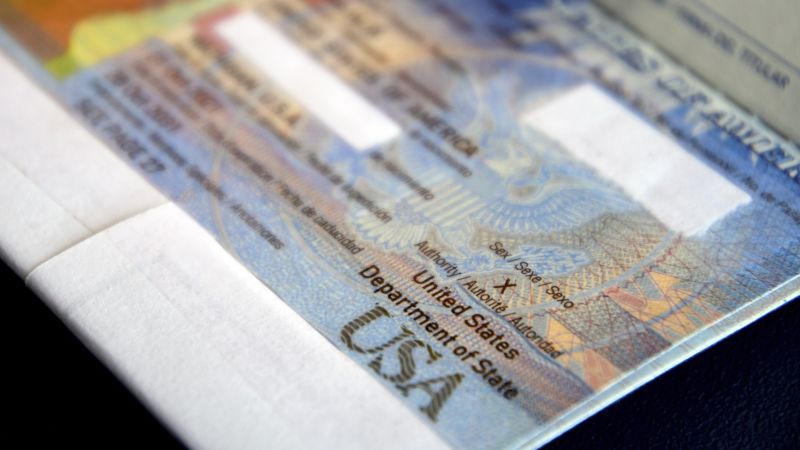Gender Identity Limbo: State Department Halts 'X' Passport Marker Processing

In a significant shift for gender identity documentation, the U.S. State Department has temporarily halted processing passport applications with an "X" gender marker. The department will now exclusively issue passports that designate individuals as either male or female, according to an official spokesperson.
This unexpected policy change comes as a setback for individuals seeking gender-neutral identification, who had previously celebrated the introduction of the "X" marker as a milestone for gender inclusivity. The suspension leaves many non-binary and gender-nonconforming travelers in uncertainty about their documentation options.
The State Department has not yet provided a detailed explanation for the sudden pause in processing "X" gender marker passports, leaving advocates and affected individuals seeking clarity on the decision's rationale and potential duration.
Travelers and LGBTQ+ rights organizations are closely monitoring the situation, hoping for further information and a potential reversal of this restrictive policy.

